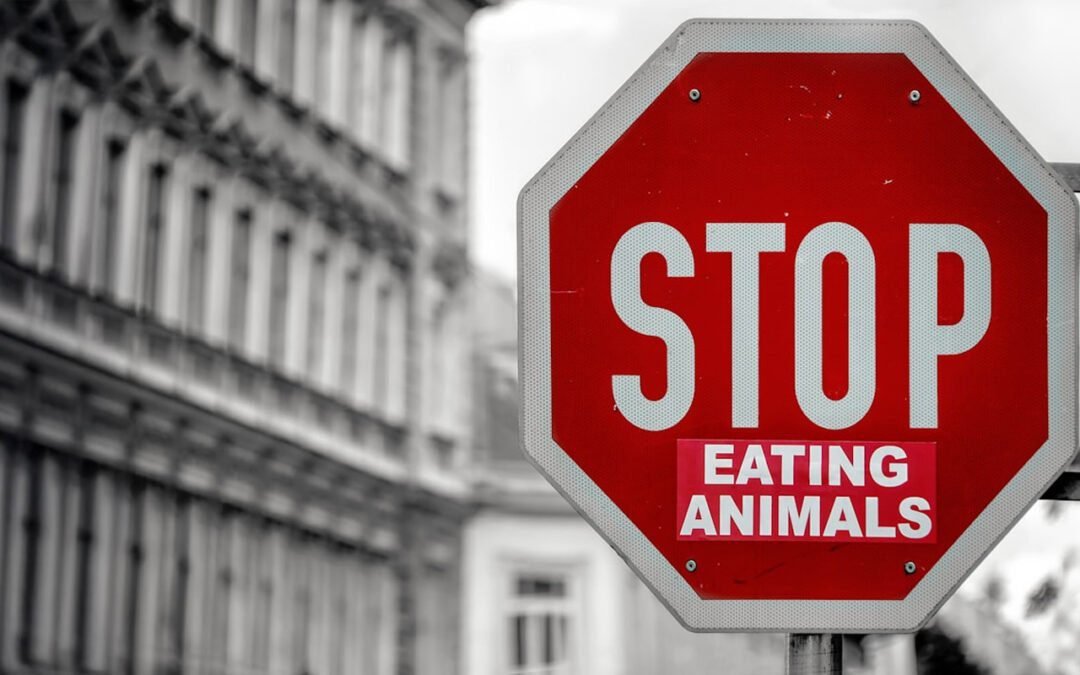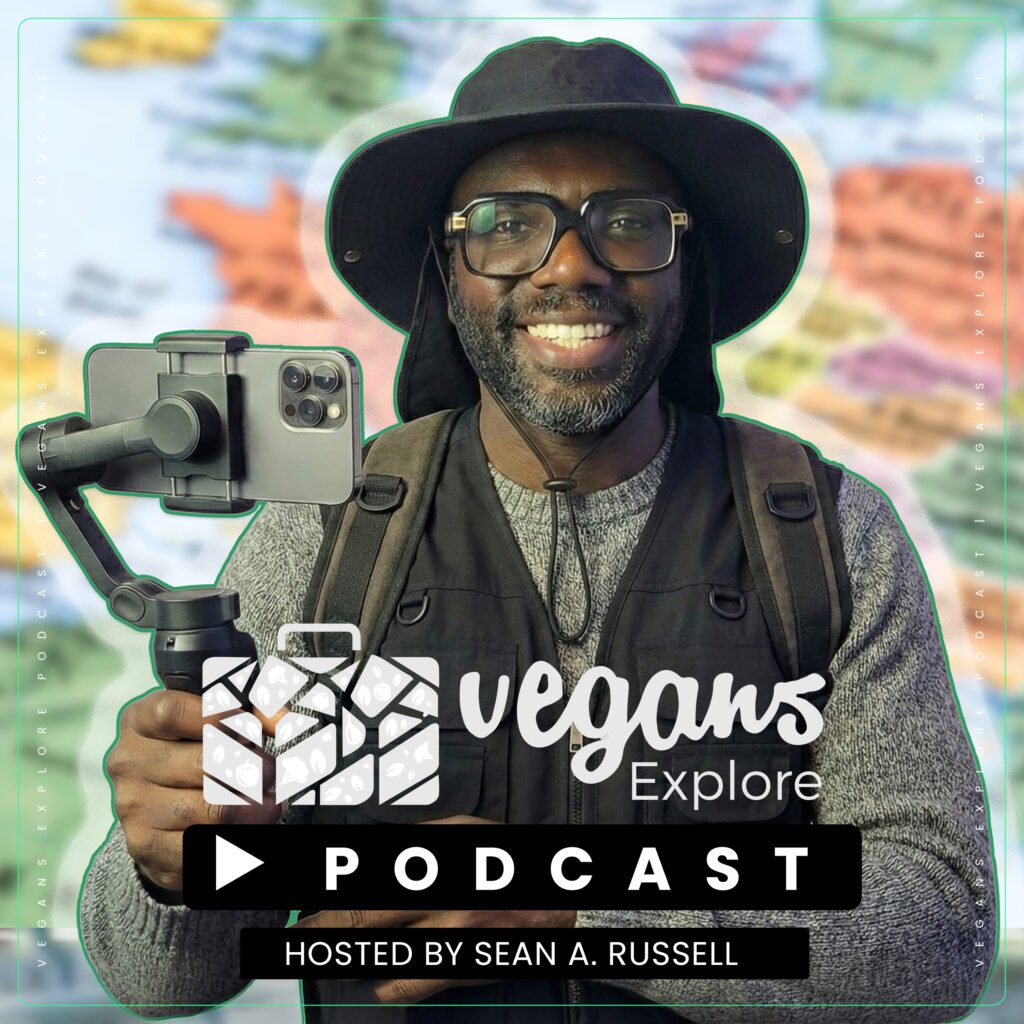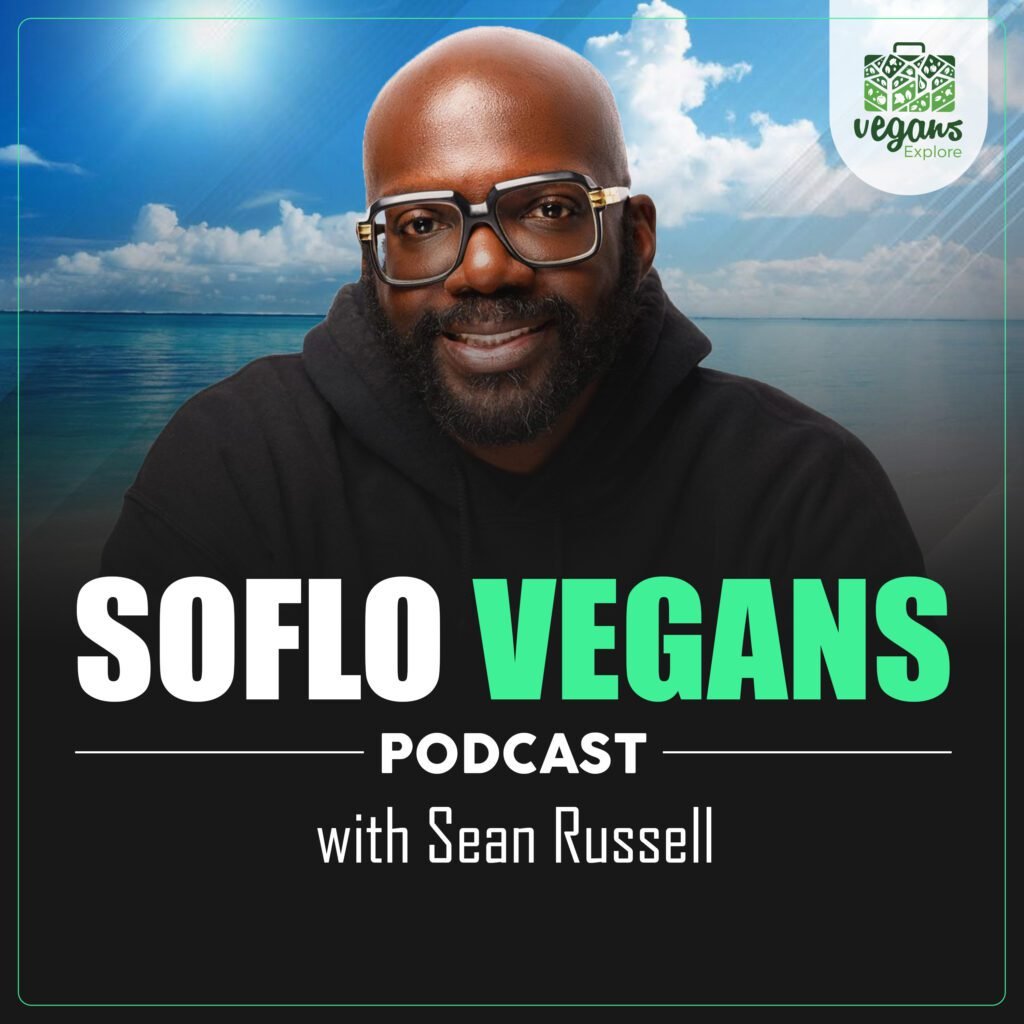Animal rights activism can be emotionally, mentally, and physically exhausting, often leading to burnout if not managed properly. Leading activists in the movement have shared valuable insights on how to maintain resilience, stay motivated, and communicate effectively for long-term impact. Here’s a compilation of their advice on staying strong in the fight for animal rights.
1. Prioritize Self-Care and Mental Health
Advice from Jo-Anne McArthur (Photographer and Founder of We Animals Media):
Find Balance: Jo-Anne emphasizes the importance of finding balance between activism and self-care. She suggests setting boundaries and making time for activities that rejuvenate you, such as spending time in nature, exercising, or engaging in hobbies unrelated to activism.
Acknowledge Your Emotions: Activism can be emotionally draining, especially when dealing with harsh realities. Allow yourself to feel sadness, anger, or frustration, but don’t let those emotions consume you. Seek support from like-minded individuals, friends, or mental health professionals when needed【source: We Animals Media】.
What You Can Do: Regularly schedule “mental health days” where you disconnect from activism to recharge. Engage in practices like meditation, journaling, or yoga to manage stress.
2. Focus on Sustainable Activism
Advice from Ingrid Newkirk (Founder of PETA):
Pace Yourself: Ingrid Newkirk highlights that you can’t do everything at once. Focus on what you can do sustainably, even if it means taking small steps. It’s better to be consistently active over time than to push yourself to exhaustion【source: PETA】.
Delegate and Collaborate: Don’t try to do everything alone. Collaborating with other activists and delegating tasks can help prevent burnout and build a stronger movement.
What You Can Do: Join or create a team of activists who share your goals, allowing you to divide responsibilities and support each other.
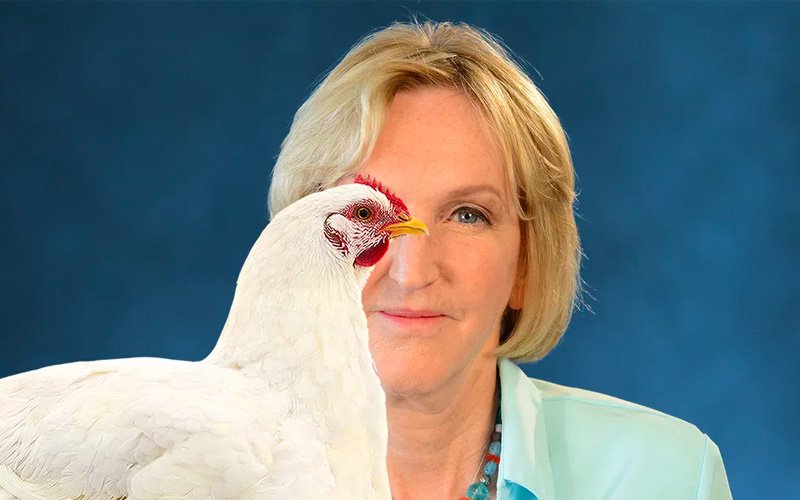
3. Effective Communication Techniques
Advice from Melanie Joy (Psychologist and Author of “Why We Love Dogs, Eat Pigs, and Wear Cows”):
Practice Effective Advocacy: Dr. Melanie Joy emphasizes the importance of using non-violent communication techniques when advocating for animals. Avoid aggressive or confrontational language, and instead, focus on compassionate, empathetic dialogue that encourages understanding【source: Beyond Carnism】.
Use the “Vegan Advocacy Triangle”: This method involves being effective (tailoring your message to your audience), relatable (sharing personal stories), and educational (providing facts). This approach helps create meaningful connections with people who might be resistant to change.
What You Can Do: Develop your storytelling skills and use them to share your journey in a way that inspires empathy and action. Practice active listening to understand where others are coming from and respond with kindness.
4. Stay Educated and Informed
Advice from Earthling Ed (Activist and Founder of Surge):
Arm Yourself with Knowledge: Earthling Ed emphasizes that being well-informed about animal rights issues makes you a more effective advocate. Staying updated on the latest research, industry practices, and news allows you to speak confidently and persuasively【source: Earthling Ed】.
Educate, Don’t Confront: Focus on educating others rather than trying to win arguments. Approach conversations with the goal of sharing information rather than proving someone wrong.
What You Can Do: Regularly attend workshops, webinars, or read books and articles to expand your knowledge. This not only strengthens your activism but also helps you stay motivated and inspired.

5. Celebrate Small Wins and Acknowledge Progress
Advice from Dr. Jane Goodall (Primatologist and Conservationist):
Recognize Your Impact: Dr. Jane Goodall encourages activists to celebrate every step forward, no matter how small. Recognizing victories, whether it’s convincing one person to try a plant-based meal or contributing to a successful campaign, helps maintain motivation【source: Jane Goodall Institute】.
Remember Your ‘Why’: Remind yourself of why you became an activist in the first place. Focusing on the positive changes you’ve made keeps you inspired during tough times.
What You Can Do: Keep a journal of your achievements, no matter how minor they may seem. Reflect on your journey and the lives you’ve impacted to maintain a sense of purpose.
Final Thoughts
Avoiding burnout and communicating effectively as an animal rights activist requires self-care, empathy, education, and resilience. By incorporating the insights from leading activists like Jo-Anne McArthur, Ingrid Newkirk, Melanie Joy, Earthling Ed, and Dr. Jane Goodall, you can create a sustainable and impactful approach to advocacy. Remember, the goal is not to be perfect but to be persistent and compassionate in your mission to create a kinder world for animals.
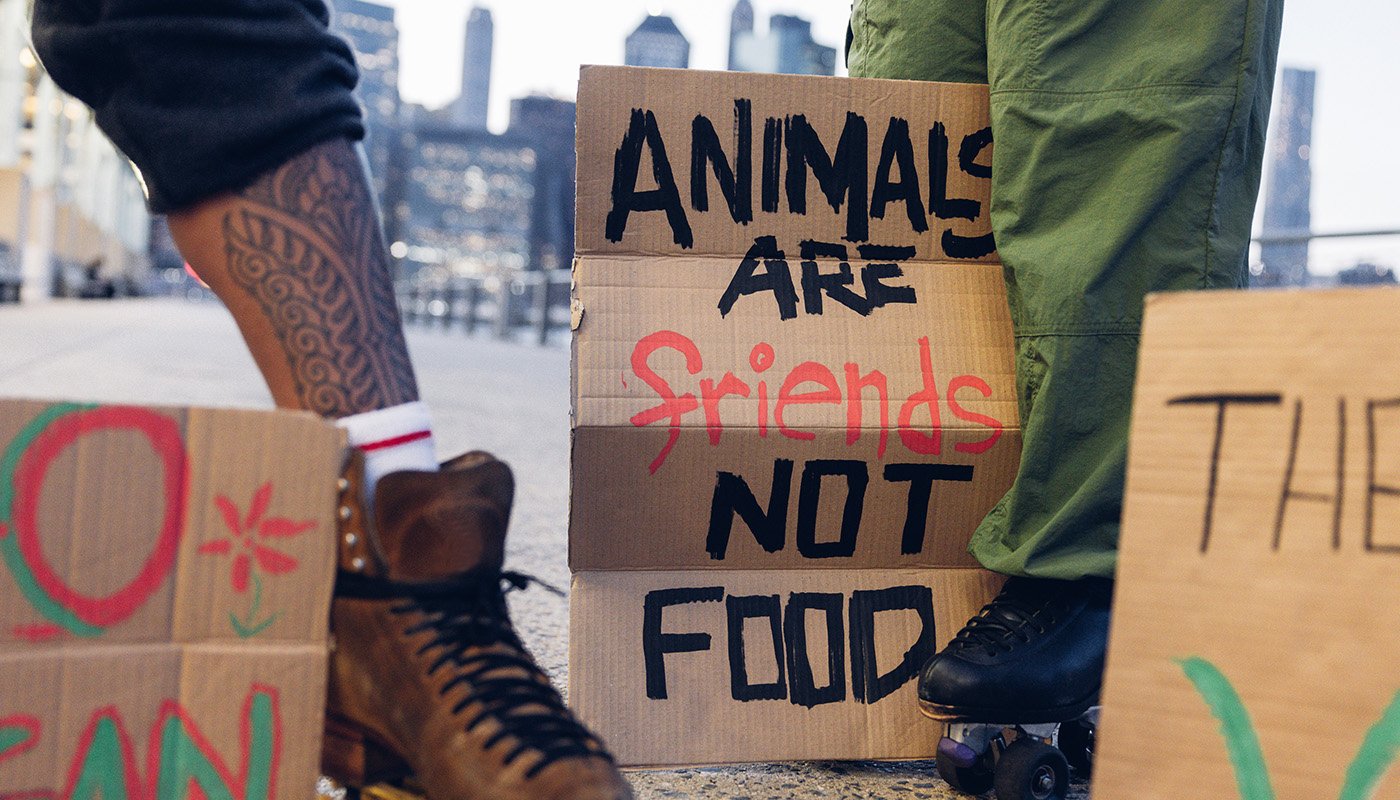
📖 Meet the Author
Sean Russell, founder of Vegans Explore, is the #1 Vegan Brand Strategist on the planet. With a certificate in Plant-Based Nutrition from the T. Colin Campbell eCornell course, Sean has worked with and interviewed over 300 Vegan brands and experts. With 28 years of experience in marketing and content creation, he brings unparalleled expertise to the Vegan community, helping brands amplify their reach and impact.
As a member, you’ll receive an affiliate link to share with businesses and potential members—earning perks, giveaways, and additional benefits for helping our mission grow.
💰 Looking for paid collaborations? We offer select paid opportunities based on reach, engagement, and project alignment.
🔗 Ready to be part of something bigger? Sign up today and start your journey as a Vegan Explorer!
🌱 Join the Movement. Create Impact. Grow Your Platform. 🌎

